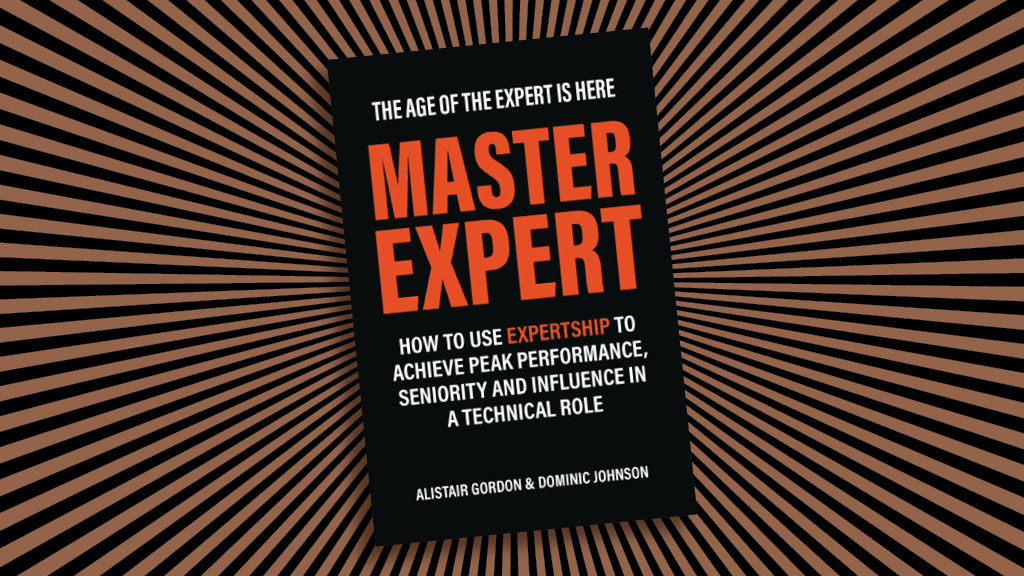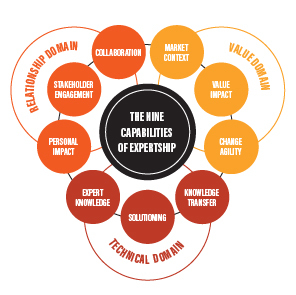That URL is not an article or blogpost. Redirecting to the homepage.

How to make the very best use of your expertise
Are you a technical subject matter expert who wants to advance their career and remuneration, have more influence and impact, and feel properly fulfilled professionally?






